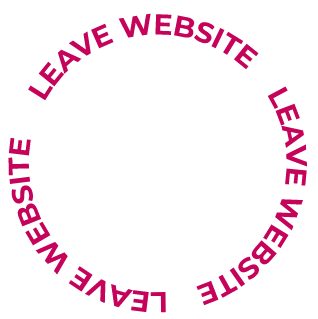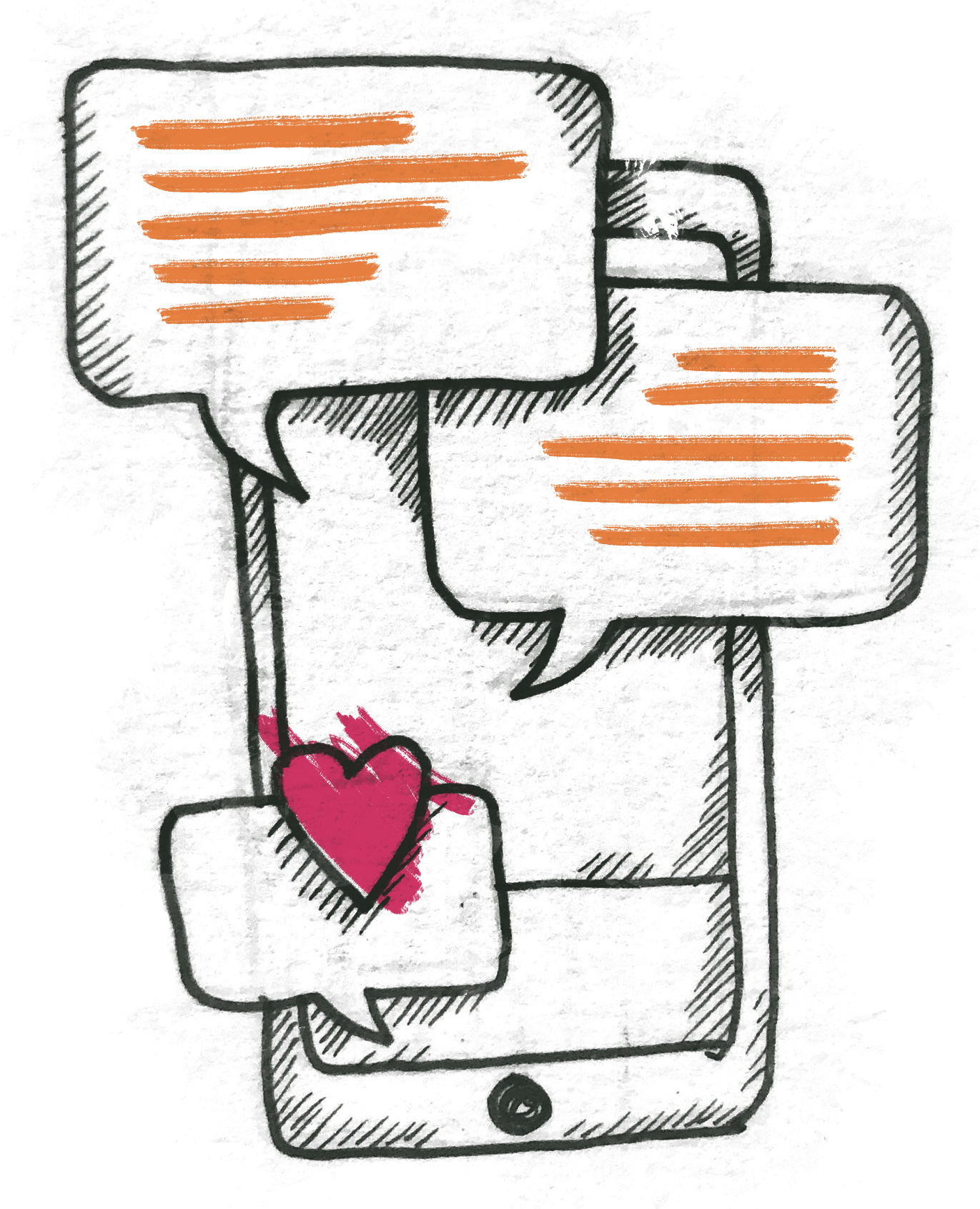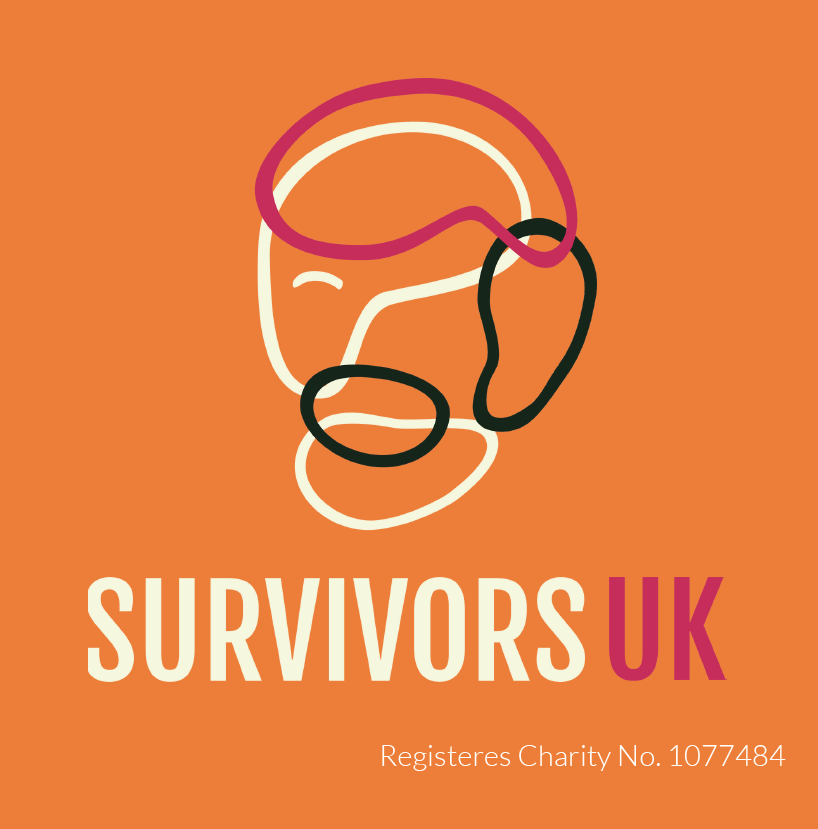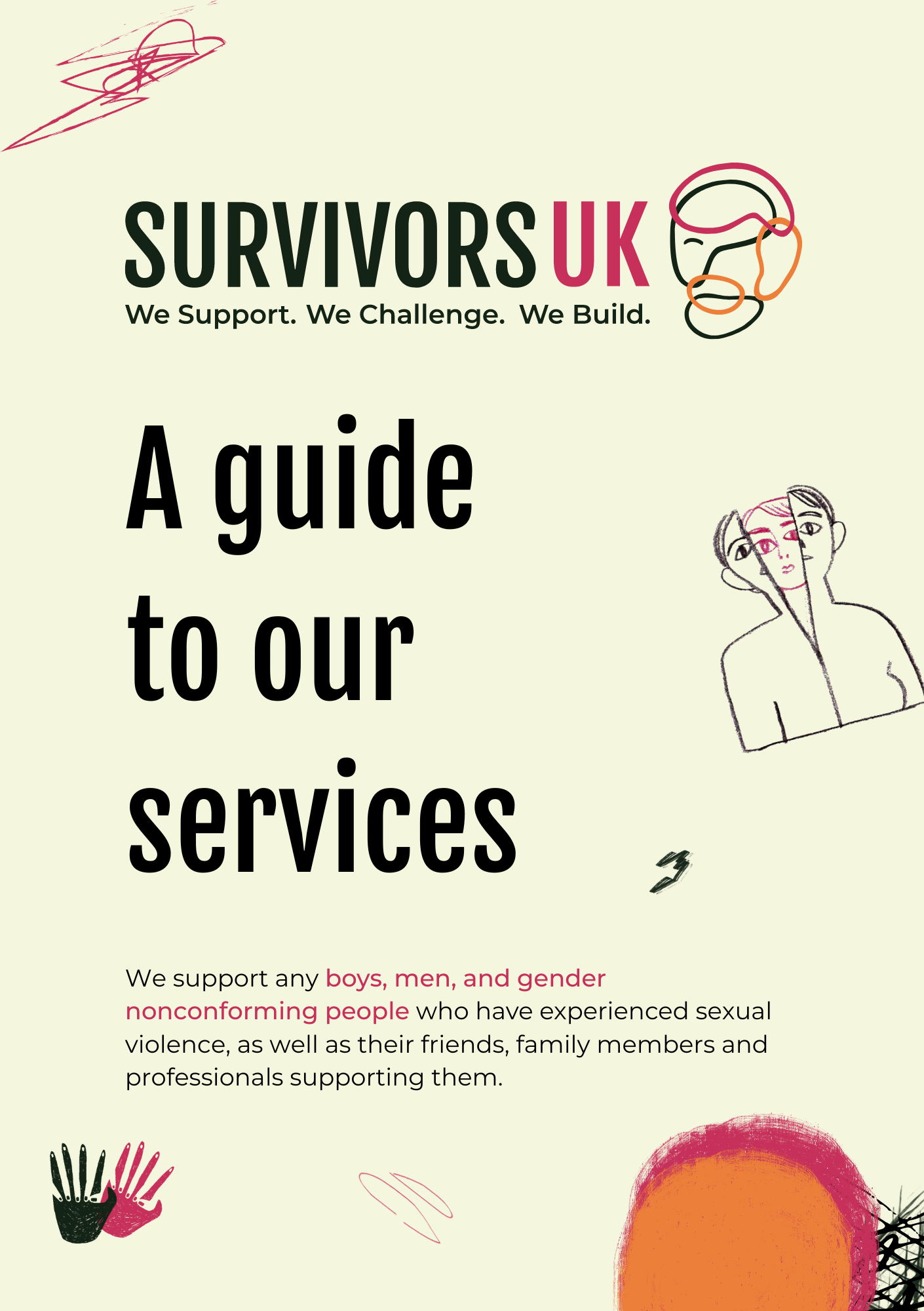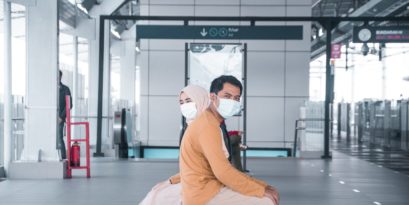
Living with trauma at a time of trauma: Covid-19 one year on
When Covid-19 closed down the UK a year ago, it took me as a counsellor a while to adapt to a new way of working and living. It was only when the dust had settled that I began to realise what we were dealing with – a far-reaching and indiscriminate collective trauma. What was more alarming was realising that many of our instinctual responses to trauma were suddenly banned – we weren’t allowed to gather together as human beings to heal and reassure, in fact the people we usually turned to for support were suddenly a threat to life and “unsafe”. We were told to work against our basic human instincts and to isolate – an activity that many of survivors of sexual violence will recognise as one that increases our feelings of exclusion and shame.
Online training with Carolyn Spring helped me understand that we were responding to Covid-19 as we respond to other traumatic events in our life. We maybe take flight, escaping from the situation through our consumption of alcohol or Netflix binges. We fight, attacking those who break the lockdown rules on social media, or even our partners, something the documented rise in domestic violence clearly illustrates. Or we freeze, submitting to the situation and treading carefully so as not to provoke others or the virus itself. We find ourselves in a state of hypervigilant anxiety as we constantly assess danger or, if the emotions we experience are overwhelming, numb ourselves to the pain in a dissociated state.
I think that, like me, most people can probably relate to some of the traumatic responses above in relation to the pandemic and also the death of George Floyd, another traumatic event that highlighted the lack of safety experienced by a huge part of our community. But what does it mean if you are already living with your own personal trauma, whether it be recent rape, historical childhood sexual abuse or something in between? Over the last year, many of us have been living with trauma on top of trauma on top of trauma, thickly layered and threatening to engulf. We are already trying to shake off the shame those who cause harm have projected onto us, and now we might find ourselves facing even more as others question our motives for going outside, or tell us that our response to a life-threatening pandemic is over the top. With Covid-19, racially motivated police brutality and sexual violence, we see victim-blaming as bystanders seek to deflect their own discomfort, often deepening a sense that our trauma – or even our susceptibility to a highly contagious virus – is somehow our own fault.
At the time of writing, lockdown restrictions are set to be reduced over the coming months and the threat of Covid-19 appears to be decreasing with the roll-out of the vaccination programme. For a lot of us, the thought of having to adjust back to a “normal” way of life can feel overwhelming and incredibly triggering. Again, our brains and bodies may well have been in a hypervigilant state for months, and just switching that off as soon as the government says it is safe to do so isn’t that easy. For others, lockdown might have felt safe, shielding us not just from a virus but also a whole range of perceived and real dangers we’ve had an excuse to avoid for an entire year.
So, how do we navigate all this?
First, need to recognise our trauma reactions for what they are, a natural and understandable response to threat and in fact a sign that our brain’s trying its very best to keep us safe. Second, we need to find a way to regulate our nervous system and to manage our feelings so that they don’t overwhelm us – a counsellor will be able to support you to find ways to do this, or there are lots of other ideas in blog posts and other resources on this website. When it feels emotionally and physically safe to, talking about our experiences with a trusted individual or even a group can help us process what we have been through. This is true of collective trauma such as the pandemic and our own personal experiences of abuse and violence. Some of us are lucky enough to have people in our lives who we feel able to have these conversations with. Not everyone is that fortunate, which is where individual or group counselling can really help, and it is my hope that we will see more services offering this kind of support as the true impact of the pandemic on our mental wellbeing is revealed. For some of us, once we have got to a point in our recovery when it feels possible, taking action can feel hugely important. This could be campaigning for our rights, fundraising for the organisations that support survivors or volunteering to offer that support ourselves – whatever speaks to us. But, like with any journey, this takes time, especially when we are carrying so much. Wherever you are on your journey, keep putting one foot in front of the other and be kind to yourself. We can get through this together.

